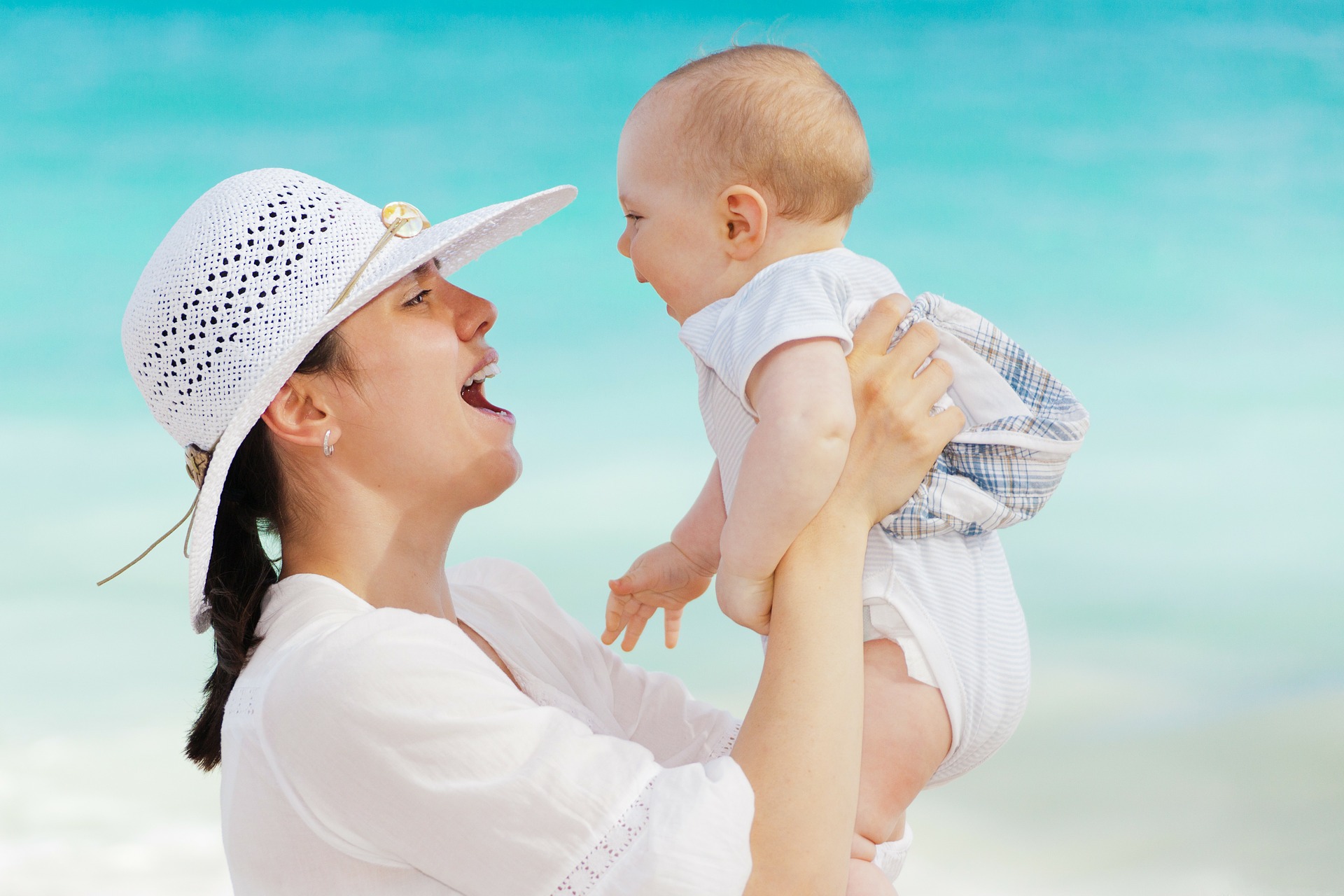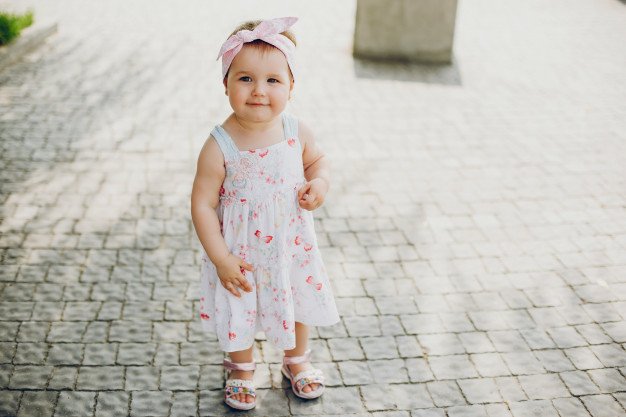Choosing whether to breastfeed or use baby formula is a decision all parents need to make. Before you choose one over the other keep in mind that whatever your final decision, both choices are good for your baby’s development.
Whether a woman can’t breastfeed or simply decides not to, when making this judgment it is important to know that there is a healthy formula substitute for breast milk with all the nutrients needed for your baby to thrive. More parents are considering using baby formula for its many benefits even when breastfeeding is an option for them.
Let’s take a closer look at some of the benefits of using baby formula and why you should consider it as an option. For more details please make sure to visit the most reliable store in the baby food industry themilkybox.com.
Emotional Connection:
Often, new mums fear that if they don’t breastfeed they won’t bond with their baby. However, bonding will happen even with bottle feeding and it can be strengthened with a few little tricks like having skin to skin contact, looking into baby’s eyes during feeding and singing to the baby. Additionally, feeding time is not the only time mum and the baby bond and there are plenty of opportunities throughout the day such as bath time, putting the baby to sleep and playtime.
Diet:
Breastfeeding mums need to be more careful about their food intake for however long they decide to breastfeed the baby. On the other hand, when bottle feeding, the mother’s food intake won’t affect the newborn. For instance, mums who are breastfeeding should not have fish high in mercury, they need to watch their caffeine intake and will have to wait for at least 2 hours before they feed the baby if they had even a small amount of alcohol. These and many other restrictions are not applicable to mums who use a formula to feed their child.
Pain-Free:
When breastfeeding a baby, there is some pain caused by the nipple and areola being pulled into the baby’s mouth. The pain usually lessens after a minute or two, but it can be quite uncomfortable, especially for first-time mums. When bottle-feeding, any pain or discomfort of such kind is avoided.
Convenience:
Unlike breastfeeding, bottle feeding can be done by both parents. Father helping out with feeding can lessen the burden on the mum who is also recovering from giving birth. Although this is also true for women who express their breast milk, bottle feeding can be more convenient as it doesn’t require mum to schedule her day around breastfeeding or expressing breast milk. Breast milk is digested faster than formula so breastfeeding mums are in higher demand and need to be available for feedings more than formula feeding mums.
Medical Conditions And Treatment:
Bottle feeding can be the preferred choice in any situation where the mother has a medical condition that can affect the baby, such as HIV/AIDS, and/or needs sedating psychotherapeutic drugs, anti-epileptic drugs, and opioids. Bottle feeding in such a case can be imperative, not only a preferred choice in order to prevent endangering the baby’s health. In addition, there are infant syndromes that require the formula to be used instead of breast milk.
Personal Choice:
Every mum will have to make a decision – formula or breast milk. Sometimes a decision made before birth might change after the baby comes due to any number of reasons like medical conditions of mum and/or the baby, low milk supply, latch-on pain, etc.. It is important to consider formula as an option due to its many benefits. Keep in mind that with the formula the baby will still receive all the nutrients needed to grow, an emotional connection will still be established and mum can have more freedom with food intake and her availability.
Read Also:





















